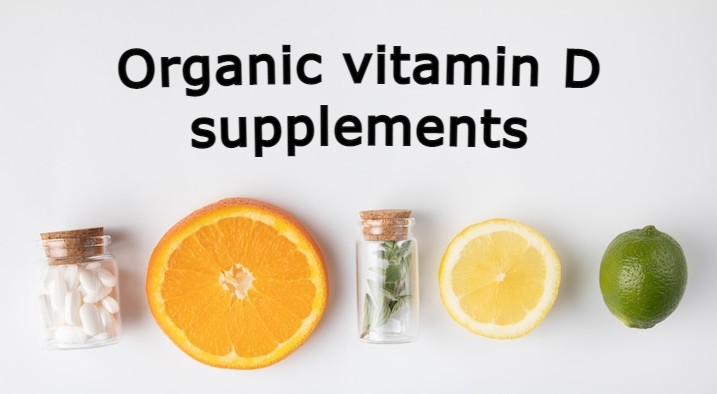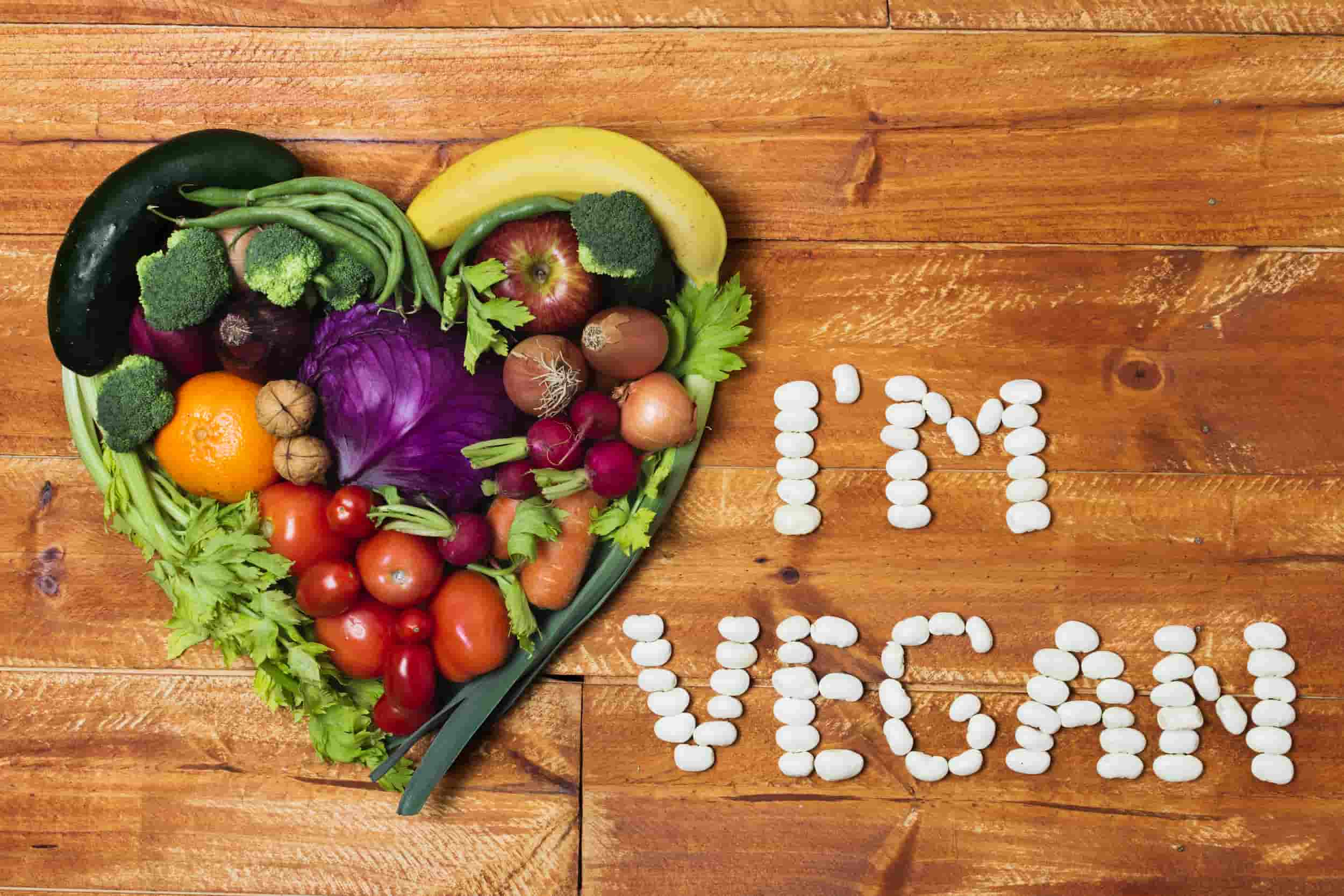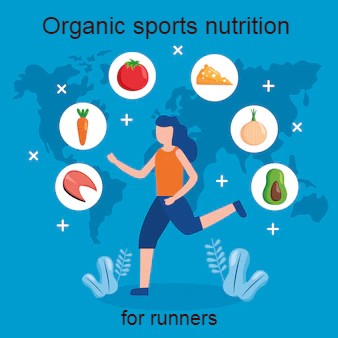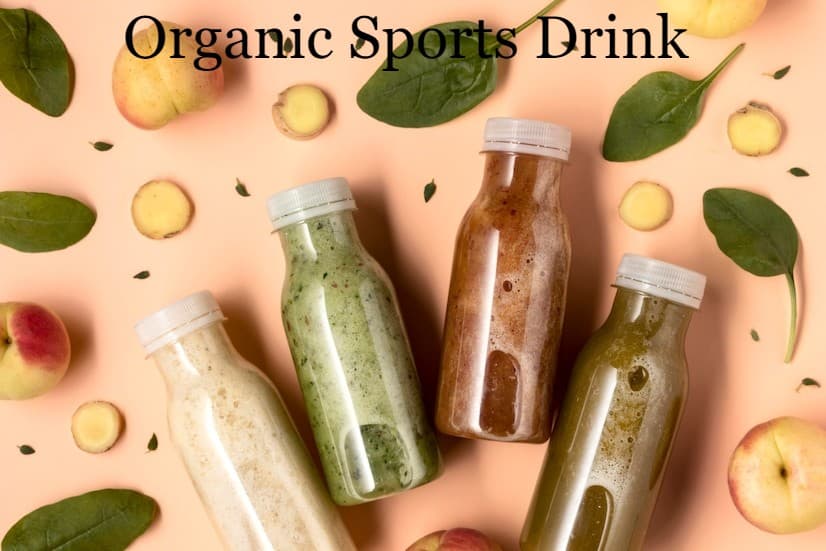Organic Sports Nutrition for Cycling
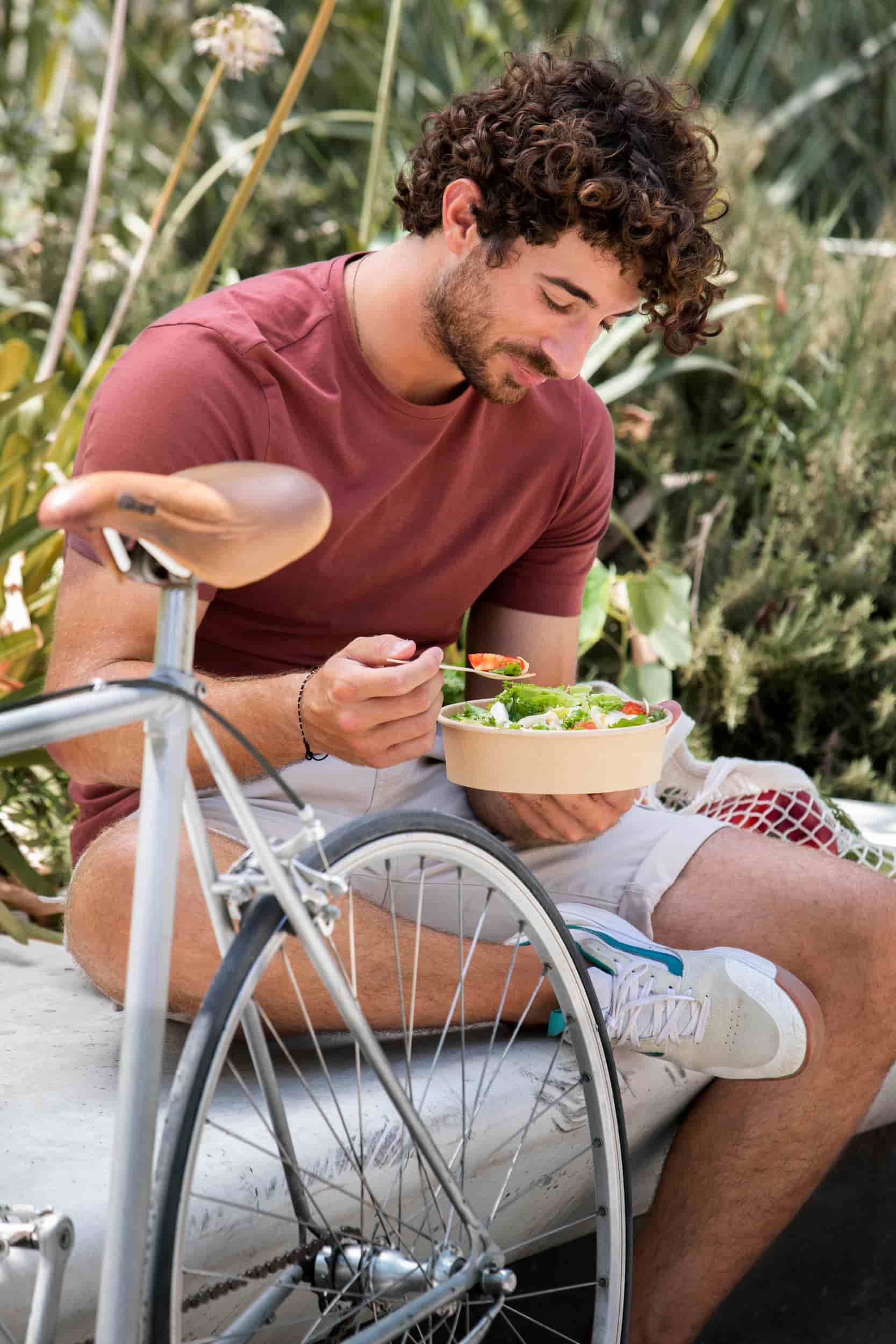
Hey there, fellow cyclists! Are you looking for a way to improve your performance and fuel your rides with the best nutrition possible? Look no further than organic sports nutrition! As a cyclist myself, I know how important it is to fuel your body with the right nutrients for optimal performance and recovery. That’s why I’ve created this blog to share with you the benefits of organic whole foods and supplements for cycling.
In this blog, you’ll learn about the key macronutrients and micronutrients needed for cycling performance, and I’ll provide specific examples of organic foods and supplements that provide these nutrients. Plus, I’ll share tips on the best timing and quantity of food intake for optimal performance and recovery.
By the end of this blog, you’ll be equipped with practical knowledge and actionable steps to start incorporating more organic foods and supplements into your cycling diet. So, whether you’re a competitive cyclist or a casual rider, join me on this journey to discover the power of organic sports nutrition for cycling. Let’s get started!
| Fact | Description |
|---|---|
| Definition | Organic sports nutrition refers to food or supplements made from organic ingredients and free from artificial additives. |
| Cycling and Energy | Cycling is an endurance sport that requires a lot of energy, which can be provided by a balanced and nutritious diet. |
| Organic Foods | Organic sports nutrition for cycling typically includes whole grains, fruits, vegetables, lean proteins, and healthy fats. |
| Organic Supplements | Organic supplements such as protein powders, energy gels, and recovery drinks can also be used to support a cyclist’s training and performance. |
| Benefits | Organic sports nutrition can provide the necessary nutrients and energy needed for cycling while also reducing the intake of potentially harmful chemicals and additives. |
Benefits of Organic Sports Nutrition for Cyclist
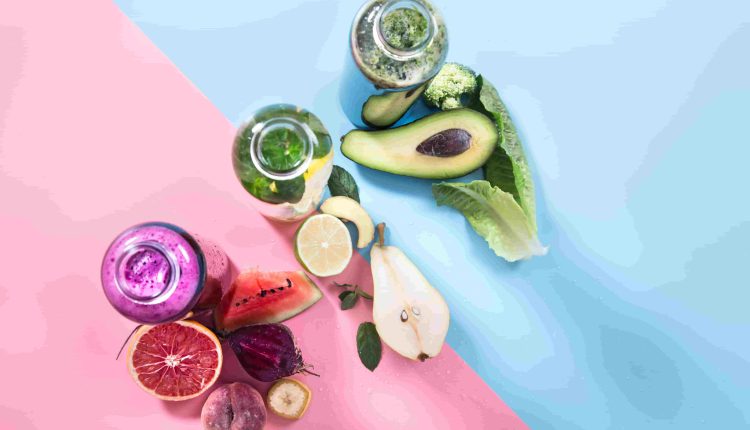
Cycling is a demanding sport that requires a lot of energy, endurance, and strength. To perform at their best, cyclists need to ensure they’re fueling their bodies with the right nutrients. That’s where organic sports nutrition comes in. Organic products are grown without the use of synthetic pesticides, fertilizers, and GMOs, making them a healthier choice for athletes.
One of the primary benefits of organic sports nutrition for cyclists is improved performance. Organic foods are grown in nutrient-rich soil, which means they have higher levels of antioxidants, vitamins, and minerals. This can help improve energy levels, reduce fatigue, and enhance endurance, allowing cyclists to perform at their best for longer periods.
Another great thing about organic sports nutrition is that it can help cyclists recover faster. After a long ride, the body needs nutrients to repair and rebuild muscle tissue. Organic foods are rich in protein, healthy fats, and other essential nutrients that can help speed up the recovery process and reduce the risk of injury.
Organic sports nutrition can also help cyclists maintain a healthy weight. Many conventional sports nutrition products contain high amounts of sugar, artificial sweeteners, and unhealthy fats, which can lead to weight gain and other health problems. Organic products, on the other hand, are made from natural ingredients that are easier for the body to process and can help cyclists maintain a healthy weight.
And let’s not forget about the environmental benefits of organic sports nutrition. Organic farming practices are better for the planet, as they reduce pollution, conserve water, and support biodiversity. As cyclists, we rely on the beauty of the outdoors, and it’s essential to do our part in protecting it.
Top organic cycling nutrition products

When it comes to fueling your body for a long and demanding ride, choosing the right cycling nutrition products is essential. Organic products can provide a healthier option for cyclists looking to maximize their performance and overall health. Here are some of the top organic cycling nutrition products to consider:
Carbohydrates:
Carbohydrates are an essential macronutrient for cyclists, as they provide the body with energy to fuel physical activity. Organic sources of carbohydrates include fruits, vegetables, whole grains, and honey. Fruits such as bananas, oranges, and apples are great options for pre-ride fuel, while vegetables like sweet potatoes and beets can provide sustained energy during longer rides. Whole grains like brown rice, quinoa, and oats can provide complex carbohydrates for lasting energy, and honey can provide a quick boost of energy during intense rides.
Proteins:
Proteins are important for repairing and building muscle tissue, which is essential for recovery and growth in cyclists. Organic sources of protein include lean meats like chicken and turkey, fish like salmon and tuna, beans like black beans and lentils, and nuts and seeds like almonds and chia seeds. Organic eggs and dairy products can also be great sources of protein for non-vegan cyclists.
Fats:
Fats are essential for maintaining cell function and regulating hormones, and can also provide sustained energy during long rides. Organic sources of fats include avocados, olive oil, nuts like almonds and walnuts, and seeds like chia and flax seeds. These healthy fats can be added to meals or snacks to help keep cyclists fueled and satiated.
Electrolytes:
Electrolytes are important for maintaining fluid balance in the body and supporting muscle and nerve function. Organic sources of electrolytes include coconut water and sea salt. Coconut water is a natural source of electrolytes and can be a great option for post-ride hydration. Sea salt can be added to meals or consumed as a supplement to help replenish lost electrolytes during intense rides.
Antioxidants:
Antioxidants are important for reducing inflammation and promoting recovery after intense rides. Organic sources of antioxidants include berries like blueberries and raspberries, leafy greens like kale and spinach, and spices like turmeric. These foods can be incorporated into meals or snacks to help cyclists recover and reduce inflammation.
Vitamins and minerals:
Vitamins and minerals are essential for overall health and wellbeing, and can support immune function, bone health, and energy production in cyclists. Organic sources of vitamins and minerals include leafy greens like kale and spinach, nuts like almonds and cashews, seeds like chia and flax seeds, and whole grains like brown rice and quinoa. These foods can be incorporated into meals or consumed as snacks to help cyclists maintain optimal health and performance.
Importance of Timing and Quantity

When it comes to cycling performance, timing and quantity of food intake are critical factors that can impact how well your body performs during a ride. Proper timing and portion control can help cyclists maintain optimal energy levels, prevent fatigue and cramping, and support muscle recovery post-ride. In this post, we’ll explore why timing and quantity of food intake are important for cycling performance, and provide guidelines for when and how much to eat before, during, and after a ride.
Timing and Quantity of Food Intake:
Timing of food intake is important because it determines the availability of energy sources during the ride. Eating too close to the ride can cause digestive distress, while eating too far in advance can lead to feeling hungry and lacking energy during the ride. Additionally, quantity of food intake is important because it affects how much energy is available to the body. Eating too little can lead to fatigue and underperformance, while overeating can lead to feeling sluggish and heavy.
Before the Ride:
Before a ride, it’s important to eat a meal that provides adequate energy to fuel the ride. A good rule of thumb is to eat a meal 2-3 hours before the ride, and to aim for a balance of carbohydrates, proteins, and fats. Some examples of pre-ride meals include oatmeal with fruit and nuts, a veggie omelet with whole grain toast, or a smoothie with yogurt and berries.
If you don’t have time for a full meal, a light snack 30-60 minutes before the ride can also be beneficial. Some examples of pre-ride snacks include a banana with almond butter, a protein bar, or a small bowl of granola with milk.
During the Ride:
During the ride, it’s important to fuel your body with carbohydrates to maintain energy levels. Aim to consume 30-60 grams of carbohydrates per hour, depending on the intensity and duration of the ride. Some examples of mid-ride snacks include energy gels, chews, or bars, or fresh fruit like bananas or dates.
It’s also important to stay hydrated during the ride, as dehydration can lead to fatigue and muscle cramping. Aim to drink 500-1000 ml of water per hour, and consider adding an electrolyte supplement to help maintain fluid balance.

After the Ride:
After the ride, it’s important to eat a meal or snack that provides a balance of carbohydrates and proteins to support muscle recovery. Aim to eat within 30-60 minutes of finishing the ride, and consider adding foods like lean meats, eggs, or beans to your post-ride meal to provide protein.
Potential Risks:
Overeating or under-eating can both have negative impacts on cycling performance. Overeating can lead to feeling heavy and sluggish, while under-eating can lead to feeling fatigued and lacking energy. Additionally, not properly fueling during the ride can lead to dehydration, muscle cramping, and fatigue.
Organic Sports Nutrition in Practice
Incorporating organic sports nutrition into your cycling routine can be a game-changer when it comes to performance and recovery. Not only does eating organic support overall health and well-being, but it can also provide the body with the nutrients it needs to fuel and recover from intense rides. In this post, we’ll explore some sample meal plans and recipes that incorporate organic sports nutrition for cycling, as well as the benefits of home-cooking and meal prep for cycling nutrition.
Sample Meal Plans and Recipes:
Breakfast:
- Overnight oats with almond milk, chia seeds, sliced banana, and a drizzle of honey
- Veggie omelet with spinach, bell pepper, and feta cheese, served with whole grain toast
- Smoothie with organic Greek yogurt, frozen berries, and spinach
Lunch:
- Quinoa salad with roasted vegetables, chickpeas, and feta cheese
- Grilled chicken wrap with avocado, tomato, and mixed greens, served with a side of sweet potato fries
- Lentil soup with whole grain crackers and a side salad
Dinner:
- Grilled salmon with roasted asparagus and sweet potato wedges
- Turkey chili with mixed veggies and a side of cornbread
- Whole grain pasta with roasted veggies, organic tomato sauce, and parmesan cheese
Snacks:
- Fresh fruit with almond butter
- Organic Greek yogurt with granola and berries
- Energy bites made with dates, almonds, and chia seeds
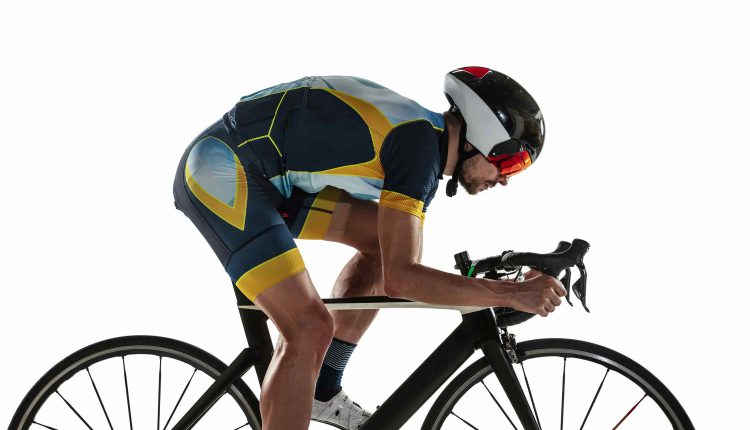
Benefits of Home-Cooking and Meal Prep:
One of the biggest benefits of home-cooking and meal prep for cycling nutrition is that it allows you to control the quality and quantity of the ingredients you’re using. When cooking at home, you can choose to use organic, whole foods that are free of additives and preservatives, which can help support overall health and well-being. Additionally, meal prepping can save time and money, as it allows you to plan and prepare your meals in advance, ensuring that you have healthy options readily available when hunger strikes.
Another benefit of home-cooking and meal prep is that it allows you to tailor your meals to your individual needs and preferences. According to a study conducted by Harvard.edu, cooking at home allows you to have more control over the ingredients you use, which can lead to a healthier and more nutritious diet.
For example, if you know that you perform better when you consume more protein, you can incorporate protein-rich foods like lean meats or beans into your meals. Similarly, if you have dietary restrictions or preferences, like being vegan or gluten-free, you can make sure that your meals meet those needs.
Conclusion
In conclusion, organic sports nutrition can be a game-changer for cyclists looking to improve their performance and overall health. By incorporating organic whole foods and supplements into your diet, you can provide your body with the nutrients it needs to fuel intense rides and recover quickly.
Organic carbohydrates like fruits, vegetables, whole grains, and honey can provide sustained energy for long rides, while organic proteins like lean meats, fish, beans, nuts, and seeds can help repair and rebuild muscle tissue. Healthy fats found in avocados, olive oil, nuts, and seeds can provide an additional source of energy and aid in recovery.
Electrolytes like those found in coconut water and sea salt can help maintain hydration and prevent cramping, while antioxidants found in berries, leafy greens, and turmeric can help reduce inflammation and support overall health. Vitamins and minerals found in leafy greens, nuts, seeds, and whole grains can also provide important nutrients for a healthy body and mind.
Timing and quantity of food intake can also play a critical role in cycling performance. Eating the right amount of food at the right times can provide sustained energy for long rides and help aid in recovery after a workout.
By cooking at home and meal prepping, you can ensure that you’re fueling your body with the highest quality organic foods and supplements. This approach can also save time and money in the long run, while allowing you to tailor your meals to your individual needs and preferences.
Incorporating more organic foods and supplements into your cycling diet can be a simple and effective way to improve your performance and overall health. So why not give it a try? Start by incorporating some of the sample meal plans and recipes listed above, and see how it affects your cycling performance. Remember, every small change can lead to big improvements over time.
FAQ
Cycling is a demanding sport that requires optimal nutrition for peak performance. Organic sports nutrition can provide the necessary nutrients without the negative side effects of synthetic additives and chemicals. Organic products are also more environmentally sustainable, which aligns with the cycling community’s commitment to eco-friendliness.
There are a variety of organic sports nutrition products available for cyclists, including energy bars, energy gels, hydration drinks, recovery drinks, and protein powders. These products are made from organic, non-GMO ingredients and are designed to provide the necessary nutrients for endurance, strength, and recovery.
Organic sports nutrition products may be more expensive than non-organic products due to the higher cost of sourcing organic, non-GMO ingredients. However, the cost difference is often minimal, and many cyclists believe that the benefits of organic products outweigh the cost.
The main drawback of using organic sports nutrition products is that they may have a shorter shelf life than products that contain synthetic additives and preservatives. Additionally, organic products may not always taste as sweet as products that contain artificial sweeteners. However, many cyclists believe that the benefits of organic products outweigh these drawbacks.
Organic sports nutrition products can be found at health food stores, organic grocery stores, and online retailers. It’s important to read product labels carefully to ensure that the products are certified organic and free from synthetic additives and preservatives.
Read more:
